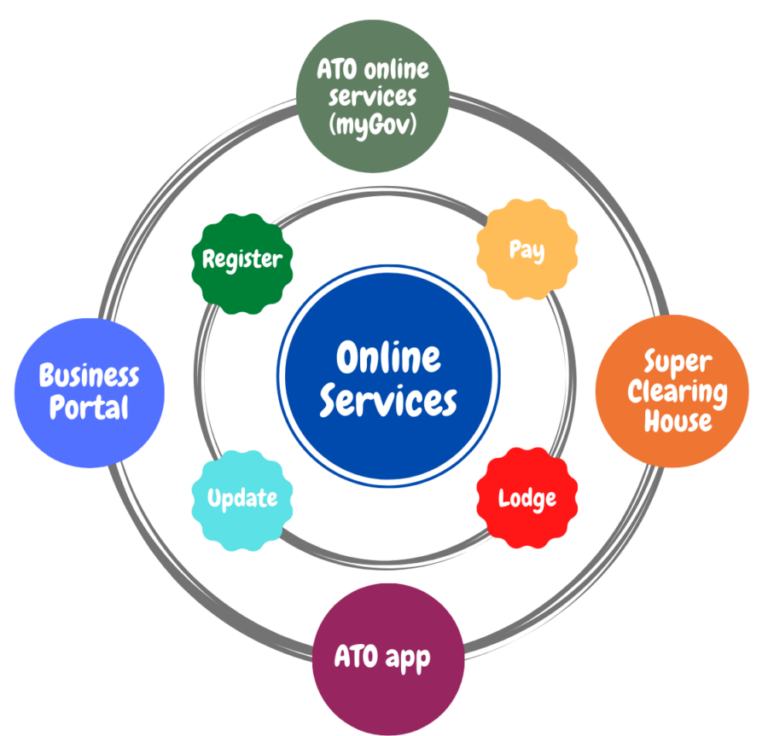Self-education Tax Deduction: What can you claim?
Taking classes, courses or enrolled in a training program?
The ATO has recently announced an update to self education tax deduction rules.

What’s new
The new draft reinforces what types of education qualifies for Self Education Tax Deduction.
What qualifies for self education tax deduction
To qualify for tax deduction, the course must
- Maintain or increase your qualifications for your current role
- Improve skills or knowledge used in your current role
- maintain or increase the skills or specific knowledge required in your position
- result in, or is likely to result in, an increase in your income from your current employment
For example… let’s say you are an electrician running your own practice.
If you take a course on solar power installation or solar power system design, you could say:
- it will grow your skills and knowledge in electrical engineering
- it will open up new income opportunities connected to the work you already do
So you can claim your self-education expenses for this course.
What does not qualify
Education expense are NOT tax deductible if you are undertaking the education to:
- to get a new job or change career tracks
- for personal reasons, not related to work
- for something not connected to how you earn your income now
For example …. say you (an electrician running your own practice) took a project management course instead.
You might argue this course could help improve your business performance, and therefore your income.
But:
- the topic is not directly connected to your employment (electrical engineering)
- you may not see an increase in income right away.
So this course would not be self education tax deductible.
Caveat: What if your employment ends part the way through your course
Say you started a 6 month course in July, and your employment (or your income earning activity) ended in October.
In this case you can claim all expenses up to October, but not anything after you stopped work. Everything after that is not deductible, until you find a new role.
What self education expenses are tax deductible
What you can Claim
You can claim the following expenses in relation to your self-education:
- accommodation and meals if away from home overnight
- computer consumables
- course or tuition fees
- decline in value for depreciating assets (cost exceeds $300)
- purchase of equipment or technical instruments costing $300 or less
- equipment repairs
- fares
- home office running costs
- interest
- internet usage (excluding connection fees)
- parking fees (only for work-related claims)
- phone calls
- postage
- stationery
- student union fees
- student services and amenities fees
- textbooks
- trade, professional, or academic journals
- travel to-and-from place of education (only for work-related claims)
Note: You can only claim expenses incurred for self-education purposes.
So if, for example, you’re using your phone for other purposes too, you can only claim for calls and texts made for educational reasons. You will need to work out what percentage of the costs were for your work or education.
What you Cannot Claim
You cannot claim the following expenses in relation to your self-education:
- repayments of Higher Education Loan Program (HELP) loans
- Student Financial Supplement Scheme (SFSS) repayments
- home office occupancy expenses
- meals where you’re not sleeping away from home
- tuition fees paid for by your employer, or anyone else
What if a course is not fully tax deductible?
If a particular course is not fully tax deductible, then part of the self education course might still qualify.
You may be able to deduct course fees for particular subjects or modules that are sufficiently related to your employment.
Caveat: What if you had government assistance
If your course is a Commonwealth supported place and you have a HECS-HELP loan, you cannot claim the course fees.
If you did not receive Government assistance and have a FEE-HELP loan, the cost of the course could be claimed.
However, just because you borrowed money does not mean all your expenses are not tax deductible.
What about Overseas Training
The ATO is very strict on this.
Let’s say you attend a conference somewhere warm and sunny, and you decide to stay on for a short holiday afterwards. What then?
Recreational trips with some education thrown in
You have to prove that the dominant purpose of the trip was related to how you earn your income.
That means proving:
- the trip was requested by your employer
- or you spent most of your time on the trip advancing work related knowledge
You will need to separate conference-related expenses from holiday-related expenses. Only the conference related expenses would be tax deductible.
Overseas conference or training with some recreation thrown in
If the main reason for travel was a conference or training program, then the ATO is more accommodating.
Any leisure activities arranged by the conference are also fully deductible.
Get the maximum self education tax deductions
There is no official limit to how much you can claim in self-education expenses.
However, larger claims can draw the ATO’s attention.
Postgraduate study costs can quickly add up, especially when factoring in expenses like books and travel.
So it’s important to establish a clear connection between your current job or business and the self-education expenses to ensure your claims are valid.
We can help you discover and get back every cent you’re entitled to through tax deductions. And we can show you the best time and way to make big investments into your business.





